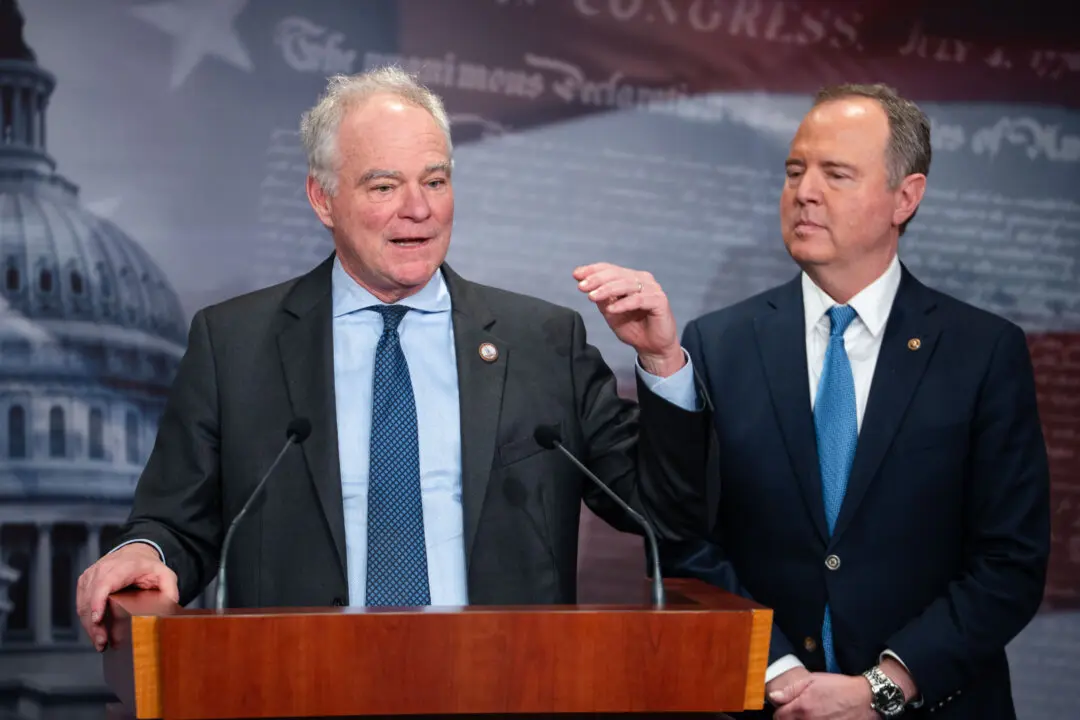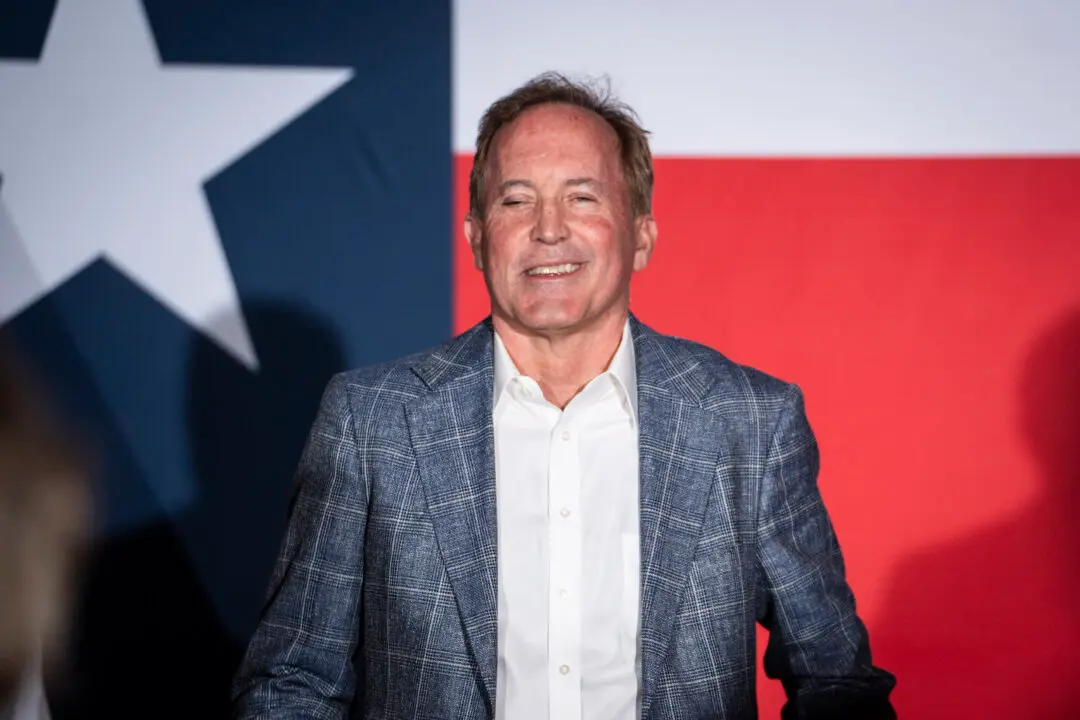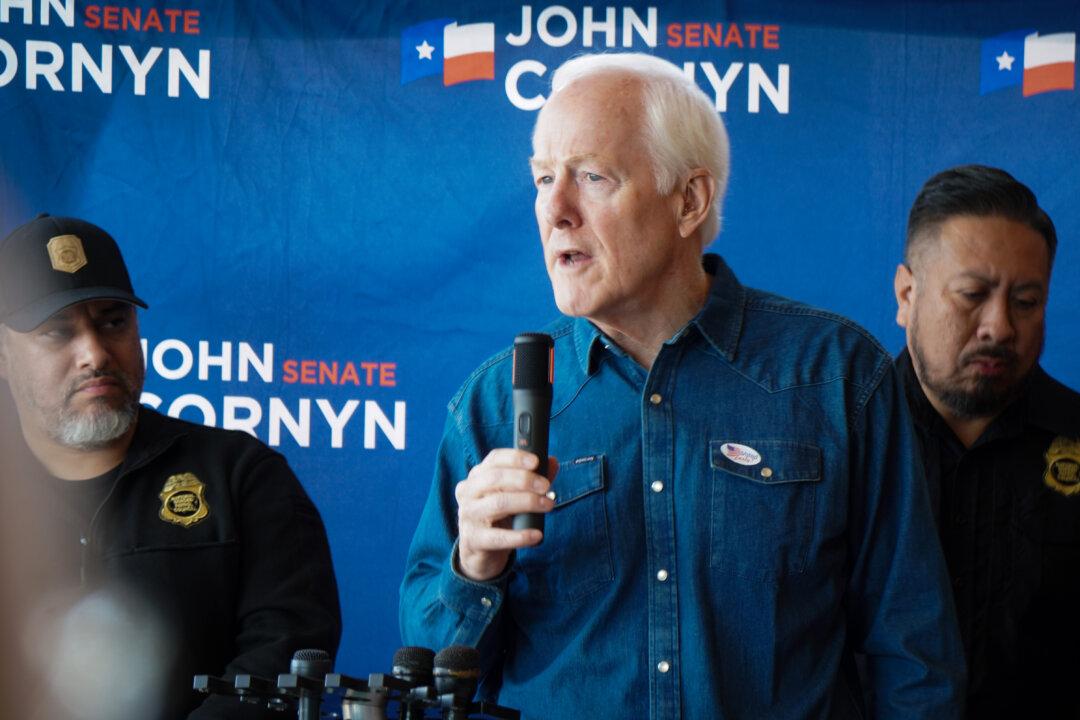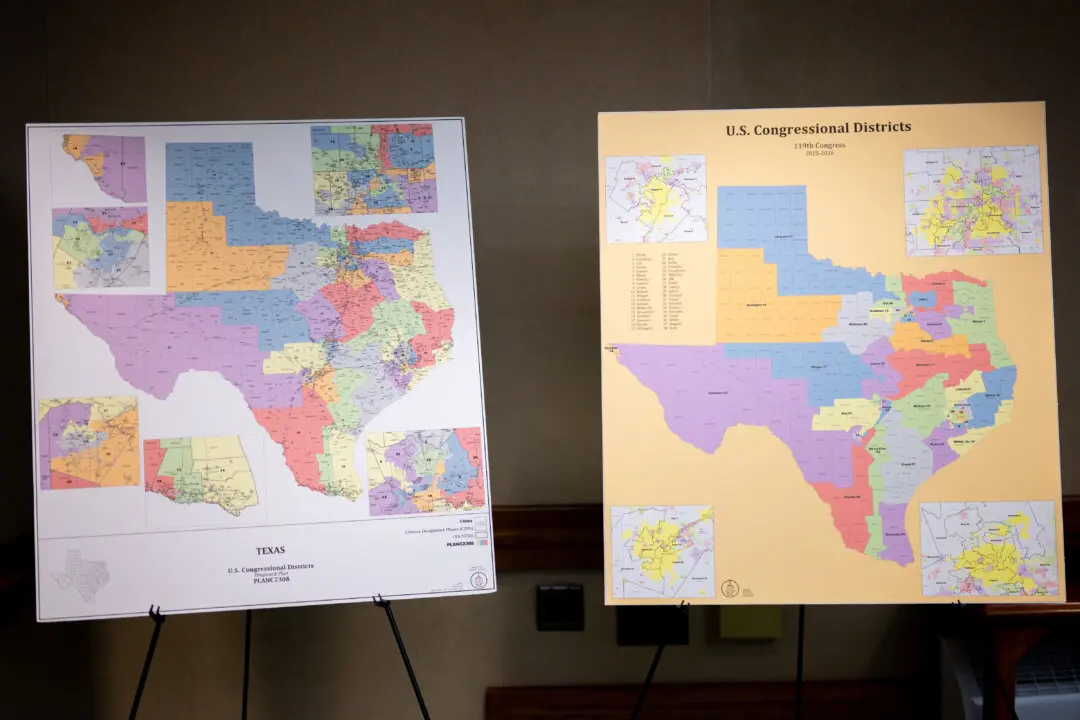Just west of Amsterdam in the Netherlands, another line has been breached in the global “war on meat.” In the name of fighting climate change, the city of Haarlem has moved to outlaw at least some advertisements for meat in public areas.
The resolution, which refers to “bioproducts” rather than meat, came from Ziggy Klazes, a Haarlem city councilor who represents the GroenLinks (GreenLeft) party.




